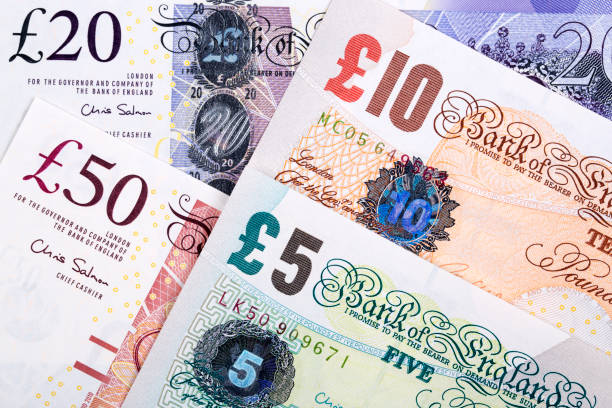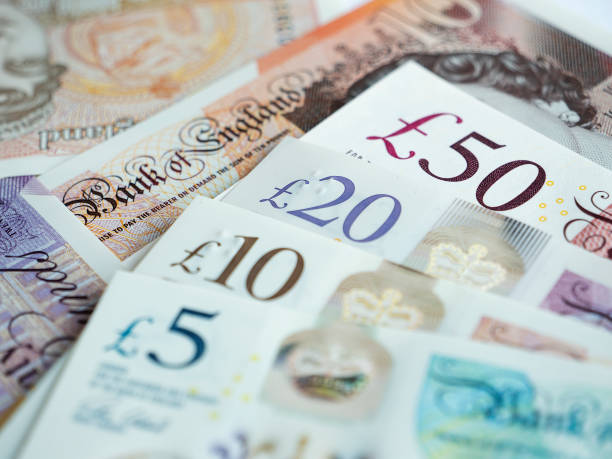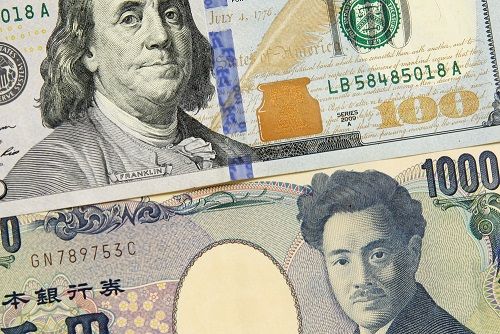Paul Grewal de Coinbase revela cartas que el regulador estadounidense envió para obligar a los bancos a no prestar servicios a las empresas de cifrado

Los documentos obtenidos por Coinbase a través de la Ley de Libertad de Información (FOIA) revelaron que la Corporación Federal de Seguro de Depósitos (FDIC) y otras agencias federales disuadieron activamente a los bancos de realizar transacciones con empresas criptográficas en lo que popularmente se llama "Operación Chokepoint 2.0" dentro de la industria criptográfica.
Tras la publicación de los documentos obtenidos por Coinbase a través de la FOIA, el director jurídico de Coinase, Paul Grewal, recurrió a X (anteriormente Twitter) para hablar sobre los desafíos que enfrentó la industria de las criptomonedas a manos de la FDIC y los bancos que actuaron para frenar las criptomonedas. -actividades relacionadas bajo el asesoramiento del regulador.
Paul también destacó hasta qué punto los organismos reguladores, especialmente la FDIC, han restringido el acceso de las empresas criptográficas a servicios bancarios esenciales.
Las empresas estadounidenses respetuosas de la ley deberían poder acceder a los servicios bancarios sin interferencia del gobierno. La administración entrante tiene la oportunidad de revertir tantas decisiones deficientes en materia de criptopolítica, la principal de ellas decisiones regulatorias motivadas políticamente como la Operación...
- paulgrewal.eth (@iampaulgrewal) 6 de diciembre de 2024
Operation Chokepoint 2.0 cut off crypto businesses from banking services
For a while, it felt like the crypto industry was under siege as it faced a constant barrage of enforcement action from US regulators. Recently discovered documents have confirmed that US regulators might have indeed taken active steps to stall the industry.
Paul said the release of the heavily redacted documents proves that the crypto industry was targeted unfairly. He also said it provided vindication that “Operation Chokepoint 2.0” wasn’t just a myth in the crypto community and that there was actually a debanking campaign.
He expressed frustration, saying, “Law abiding American businesses should be able to access banking services without government interference.”
Paul pointed out that the FDIC continues to withhold key details through redaction. However, he applauded the effort of the team pursuing the FOIA requests, emphasizing the need for clarity and transparency from the government regarding regulation.
He also noted that “The incoming administration has the opportunity to reverse so many poor crypto policy decisions, chief among them politically motivated regulatory decisions like Operation Chokepoint 2.0.”
The lack of clarity in regulation has become a serious issue with far-reaching consequences for the crypto sector. Under the Biden administration, the US Securities and Exchange Commission (SEC) filed lawsuits against many crypto businesses, including Binance and Coinbase, two of the biggest crypto exchanges. The regulator alleged violations of securities laws, acting as an exchange, broker, and clearing agency without proper registration.
FDIC letters affected crypto and banking services
The FDIC letters, obtained by Coinbase through History Associates revealed that regulators discouraged banks from transacting with crypto-related businesses and, in some instances, “debanking” them.
The debanking campaign was a government initiative to clamp down on legal but controversial industries.
In a hearing of the House Financial Services Committee, Nathan McCauley, the CEO of Anchorage Digital, a bank federally chartered in the US by the Office of the Comptroller of the Currency (OCC) says it was surprised that it got debanked, considering that it is a national bank.
Industry leaders like Paul said the regulatory spotlight on crypto was politically motivated.
However, regulatory agencies would argue that their actions were necessary to protect customers and prevent financial crimes. They would also cite the crash of FTX and, more recently, the conviction of Binance’s founder and ex-CEO, Changpeng Zhao (CZ), who pleaded guilty to financial regulation violations. The former received a 25-year jail sentence, while the latter went to prison for four months and paid over $4 billion dollar in fines.
Land a High-Paying Web3 Job in 90 Days: The Ultimate Roadmap






